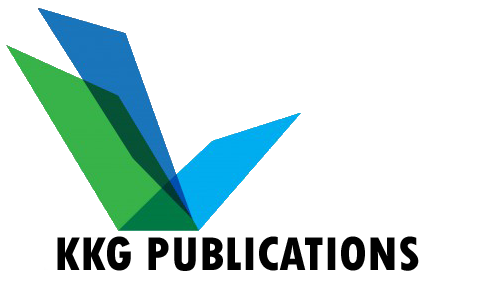Using Questioning Techniques to Enhance Students’ Mathematics Achievement Volume 2, Issue 6 Published online: 13 December 2016
AbstractThis action research aimed to enhance students mathematics achievement and to investigate students attitudes towards mathematics by using questioning techniques. The participants were 43 Grade 11 students at Satrinonthaburi School, Nonthaburi Province, Thailand. The mathematics content was Basic Statistics. The learning management plans lasted 12 periods with 50 minutes in each period. This action research was the integration of both quantitative and qualitative methods to complete answers to the posted research questions. The research instruments were learning management plans, an achievement test, and an attitude questionnaire. The pretest and posttest were used to determine the students’ mathematics achievement. The attitude questionnaire with five-point Likert scale was used to evaluate the students attitudes (Brown, 2011). The data were statistically analyzed by using descriptive statistics. The E1/E2 criteria were used to evaluate learning process efficiency, and E.R. was used to evaluate students’ mathematics achievement or effectiveness ratio. The research findings showed that the learning process had efficiency at 85.18/76.16 attaining above the 70/70 expected criteria. Students learning achievement after being instructed had the effectiveness ratio score of 0.9185 or 91.85%, which could be concluded that the questioning techniques can help to improve students’ achievement. In addition, the students mean and standard deviation of the posttest score were 15.23 out of 20 and 2.86, respectively. For students’ attitudes towards the instruction, the results showed that 44.38% of students tended to “agree” while 0.19% of students tended to “strongly disagree”. In this research, more than half of students agreed that the questioning techniques help them to have efficiency and effectiveness of learning mathematics. Reference
To Cite this articlePrommaruk, P. (2016). Using questioning techniques to enhance students’ mathematics achievement. International Journal of Humanities, Arts and Social Sciences, 2(6), 209-214 |

